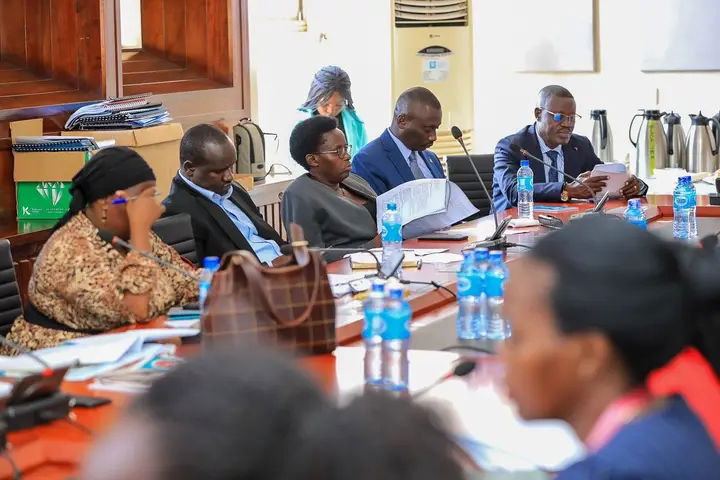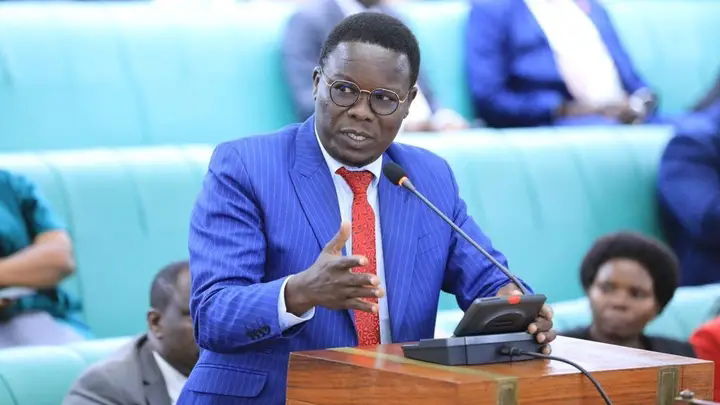MP Jonathan Odur Questions Judiciary’s Human Rights Training and Court Efficiency
Erute South MP, Jonathan Odur, has raised significant concerns regarding the training of Judicial Officers in human rights, following a report from the Judiciary stating that 210 officers had undergone training in the subject. Odur, during his appearance at the Legal and Parliamentary Affairs Committee on Monday, questioned the content and relevance of the training, citing numerous instances of suspects who are tortured or ill, only to be remanded back to prison instead of being sent to medical facilities.
In his inquiry directed to Pius Bigirimana, the Secretary to the Judiciary, Odur demanded a detailed list of the judicial officers trained and an explanation of what specific aspects of human rights they were taught. “I would like to see the list of the judicial officers trained and what aspects of human rights were they trained on. Because from what we see, there seems to be probably very low regard for human rights among judicial officers. People who are tortured are brought before you, you don’t even recognize that. People who are sick are brought before you, you remand them further. So, what aspects of human rights are judicial officers trained on? Are there other special types of rights that we don’t know?” Odur questioned.

Odur’s concerns come amid growing reports of individuals appearing before courts in dire health conditions, only to face further remand in prison, raising questions about the judiciary’s commitment to respecting basic human rights.
The MP also highlighted another critical issue, the unequal distribution of cases among judges, with some judicial officers handling significantly more cases than others. This, he argues, is affecting the fairness and efficiency of the judicial process.
The Judiciary has also come under fire for its failure to establish a proper communication system to inform advocates when judicial officers are unavailable. This lack of communication has led to several instances where lawyers travel long distances, only to find that the judge is absent, wasting both time and resources.

Odur emphasized the financial and personal costs faced by litigants and lawyers, particularly when traveling from Kampala to remote locations like Mbarara, Mbale, and Lira, only to discover that courts cannot proceed due to the absence of the presiding judicial officer. “These are happening so frequently, and people are wasting a lot of resources. You are talking about the economic value, do you know how much fuel someone will waste and time, to go to upcountry, and then all of a sudden you find that court cannot proceed?” Odur remarked.
The MP has urged the Judiciary to develop a simple and efficient mechanism to inform clients in advance about court schedules, ensuring that Ugandans do not continue to waste time and resources unnecessarily.
Odur’s concerns have sparked a broader debate on the efficiency and accountability of Uganda’s judicial system, with many questioning whether the training and operational practices in place are sufficient to address the country’s pressing legal challenges.
As the Judiciary prepares for the 2025/26 budget presentation, it remains to be seen how the concerns raised by Odur and other lawmakers will be addressed to improve both the human rights practices within the courts and the overall efficiency of the judicial system.